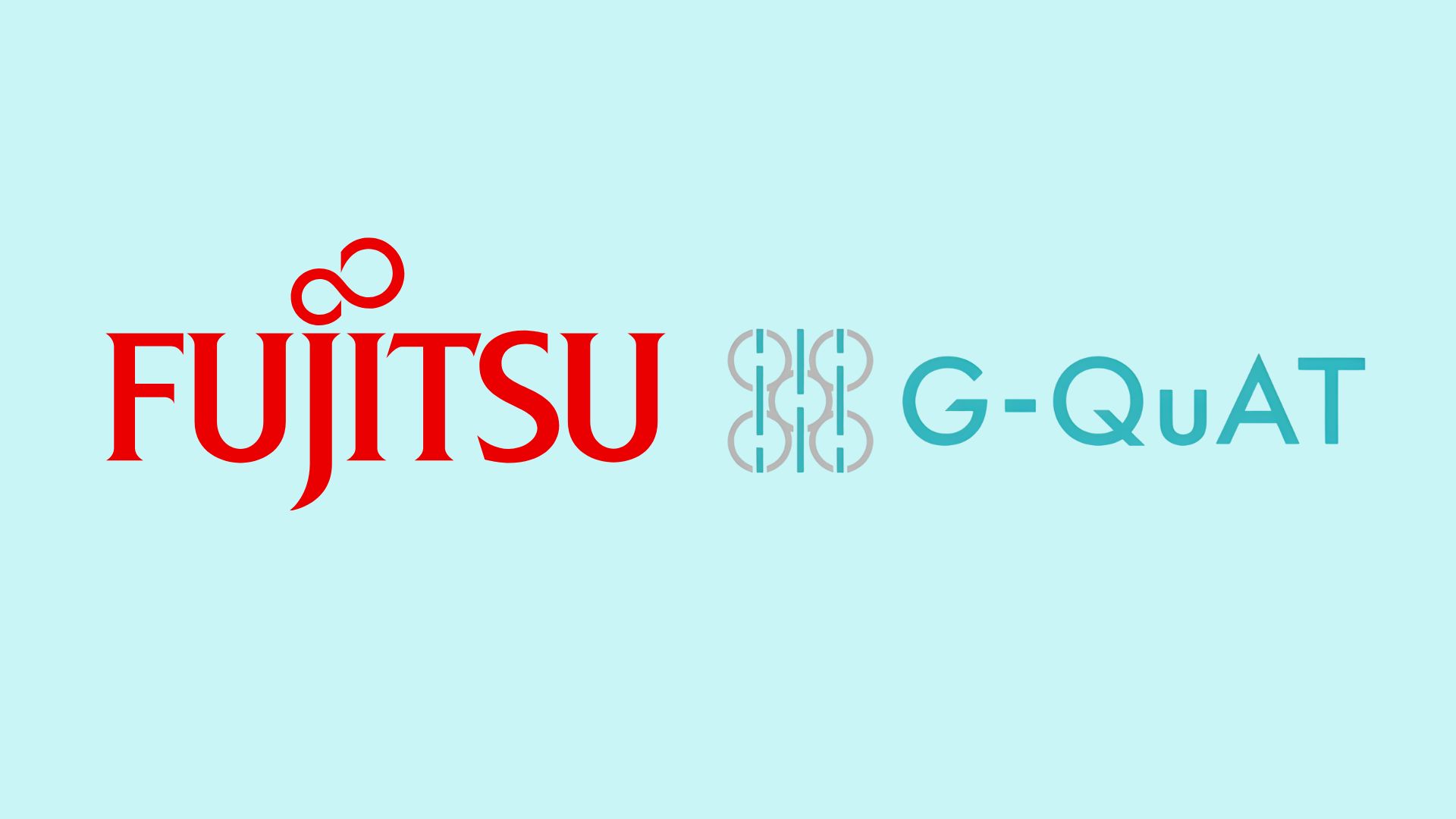The US Department of Energy and AMD are joining forces to expand America’s AI and scientific computing power through two new supercomputers at Oak Ridge National Laboratory.
Named Lux and Discovery, the systems will drive the country’s sovereign AI strategy, combining public and private investment worth around $1 billion to strengthen research, innovation, and security infrastructure.
Lux, arriving in 2026, will become the nation’s first dedicated AI factory for science.
Built with AMD’s EPYC CPUs and Instinct GPUs alongside Oracle and HPE technologies, Lux will accelerate research across materials, medicine, and advanced manufacturing, supporting the US AI Action Plan and boosting the Department of Energy’s AI capacity.
Discovery, set for deployment in 2028, will deepen collaboration between the DOE, AMD, and HPE. Powered by AMD’s next-generation ‘Venice’ CPUs and MI430X GPUs, Discovery will train and deploy AI models on secure US-built systems, protecting national data and competitiveness.
It aims to deliver faster energy, biology, and national security breakthroughs while maintaining high efficiency and open standards.
AMD’s CEO, Dr Lisa Su, said the collaboration represents the best public-private partnerships, advancing the nation’s foundation for science and innovation.
US Energy Secretary Chris Wright described the initiative as proof that America leads when government and industry work together toward shared AI and scientific goals.
Would you like to learn more about AI, tech and digital diplomacy? If so, ask our Diplo chatbot!










